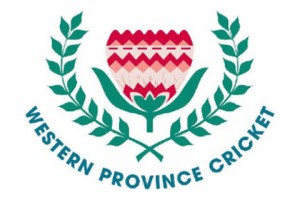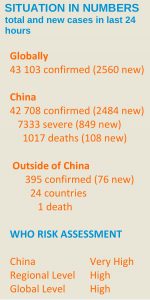* Since August 2017, Madagascar is experiencing a large outbreak
of plague affecting major cities and other non-endemic areas.
* From 1 August through 30 October 2017, a total of 1801
confirmed, probable and suspected cases of plague, including 127
deaths, have been reported by the Ministry of Health of Madagascar to
WHO
* Since the second week of October 2017, there has been a decline
in the number of new cases. There is also a decrease in the number of
patients hospitalized due to suspicion of plague. Due to enhanced
surveillance and ongoing investigations the cumulative number of cases
continues to increase, however, some of the cases are not recently
infected.
* While the declining trend in new plague case reports and
reduction in hospitalizations due to plague is encouraging, WHO expects
more cases of plague to be reported from Madagascar until the typical
plague season ends in April 2018.
* Sustaining ongoing operations, including active case finding
and treatment, comprehensive contact identification, follow-up and
antibiotic treatment, rodent and flea control, and safe and dignified
burials is crucial during the outbreak and through the plague season as
it is critical to minimize bubonic plague infections and human-to-human
transmission of pneumonic plague.
* The Ministry of Public Health of Madagascar is coordinating the
health response, with the support of WHO, and other agencies and
partners.
* The Ministry of Public Health of Madagascar has activated
crisis units in Antananarivo and Toamasina and all cases and contacts
have been provided access to treatment or prophylactic antibiotics at
no cost.
* Enhanced measures for exit screening have been implemented at
the International Airport in Antananarivo
* Based on available information and response measures
implemented to date, WHO estimates the risk of potential further spread
of the plague outbreak at national level remains high.
* The risk of international spread is mitigated by the short
incubation period of pneumonic plague, implementation of exit screening
measures and advice to traveller to Madagascar, and scaling up of
preparedness and operational readiness activities in neighbouring
Indian Ocean islands and other southern and east African countries.
* The overall global risk is considered to be low. WHO is
re-evaluating the risk assessment based on the evolution of the
outbreak and information from response activities.
* Based on the available information to date, the risk of
international spread of plague appears very low. WHO advises against
any restriction on travel or trade on Madagascar based on the
information available.
* International travellers arriving in Madagascar should be
informed about the current plague outbreak and the necessary protection
measures. Travellers should protect themselves against flea bites,
avoid contact with dead animals, infected tissues or materials, and
avoid close contact with patients with pneumonic plague.
* In case of sudden symptoms of fever, chills, painful and
inflamed lymph nodes, or shortness of breath with coughing and/or
blood-tainted sputum, travellers should immediately contact a medical
service. Travellers should avoid self-medication, even if for
prophylaxis.









